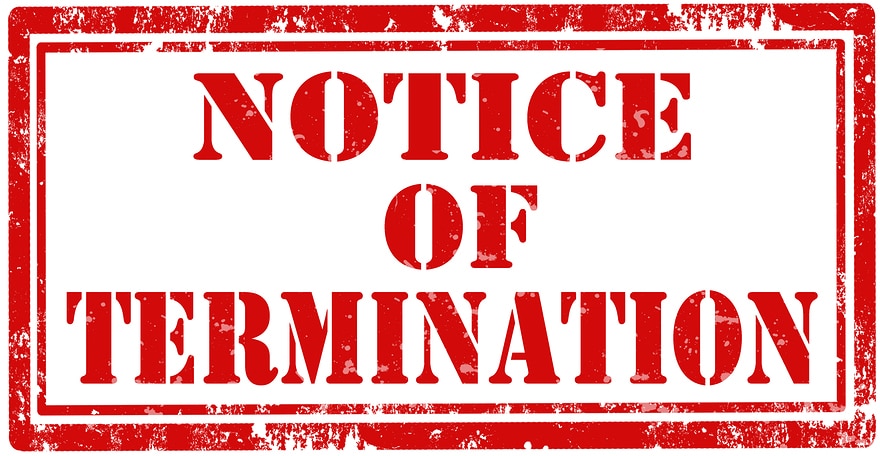Child Support is generally ordered in every case where there is a minor child(ren) in a divorce or paternity (child born out of wedlock) case.
There are 3 main ways to terminate a child support order:
- Emancipation – Age – In Indiana, a child support order continues until the child reaches the age of 19 (previously 21), by statute. Some courts will automatically terminate a wage withholding order, and stop withdrawing funds from your paycheck upon the child turning 19, but in other cases, you may need to file a motion with the court to stop child support. Financial support for a child could continue beyond 19 for 2 reasons: 1) the child is attending college and there is a college expense contribution order in place or 2) the child is disabled and unable to support him or herself as an independent adult.
- Emancipation – Living independently of parents before age 19. If a child join the military, marries, or moves out of the parent’s home and begins living independently as an adult, and supporting him or herself, the parent obligated to pay child support can seek to terminate a child support order before the age of 19. Generally, child support is paid to the custodial parent to hold the funds and use the funds in trust for the child. Thus, if the child is living independently the custodial parent would not need these funds to support the child, as the child is supporting himself. This typically occurs when the child is between 18 and 19, in later teen years.
- Repudiation – When a child has chosen to completely refuse a relationship with the parent obligated to pay child support. Usually, this is a defense to paying child support that can be raised in later teen years, and once the child is legally an adult (18 years of age). A parent would typically have to show that a child is old enough to have independent thought to make a conscious decision to refuse the relationship, and that there has been an ongoing pattern for a significant period of time. Additionally, the parent must show he or she has tried to have a relationship with the child, and it is not the parent who has thwarted the relationship, but the child.
We hope that you have found this information to be helpful in understanding some reasons child support could be terminated. This is not intended to be legal advice. If you have questions or concerns about your specific case, Dixon & Moseley, P.C. can help evaluate your specific case. This blog post was written by Attorney, Lori B. Schmeltzer.








